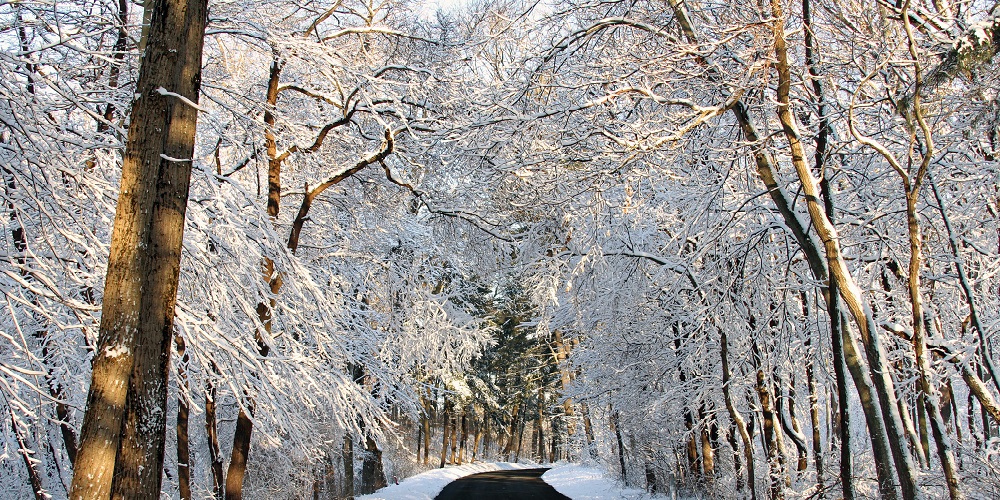By Anonymous |

365 words | 2.5 Minutes
A wave of below-freezing temperatures will sweep across the country this weekend, arriving in Northwest Georgia early next week.
WHY IT MATTERS:
Combinations of wind, saturated ground, and ice can increase the chances of power outages. Outages that last an hour or more during this weather may create additional hazards if individuals and families are not prepared.
STEP ONE: PREPARE FOR THE COLD
- Keep an eye on the forecast.
- Check your emergency kits: Ensure you have plenty of warm clothing, blankets, water, and other essentials. Visit ready.gov for a full list of items to include. Make kits for your home and for your car.
- Make a plan for medical needs.
- Ensure your prescriptions and other medicines are filled with at least a two-to-three-day supply.
- Have a safe source of back-up power for electric medical equipment. Have extra tanks on hand for anyone on oxygen.
- Alternatively, plan to evacuate individuals to a facility with power in the event of an extended outage. Remember that icy roads or other obstacles can complicate moving around in winter weather.
- Prepare your house: Cover outdoor faucets, insulate exposed pipes, and seal any cracks around windows or doors.
- Provide a warm shelter for pets and animals.
STEP TWO: REMAIN SAFE
- You can view our live outage map to see where outages are occurring. Call NGEMC or log in to your account to report outages.
- Check on your family and neighbors, especially the elderly, frequently.
- Ensure generators are ventilated and operated safely.
- Limit time outside and wear multiple layers of warm clothing.
- Watch for signs of hypothermia and frostbite and seek medical help if they occur.
STEP THREE: REDUCE POWER DEMAND DURING PEAK HOURS
- Demand on our system peaks between 6 and 8 a.m.
- Consider delaying the use of large appliances and using less hot water during this time.
- Lower your thermostat by two to three degrees to conserve energy.
- Turn off and unplug unused electronics and appliances, such as computers, phone chargers, toasters, coffee makers, etc.
LEARN MORE:
- A full guide to winter weather from Ready.gov.
- Ways to save energy year-round.
- Outage preparation tips.
- What is system demand?

